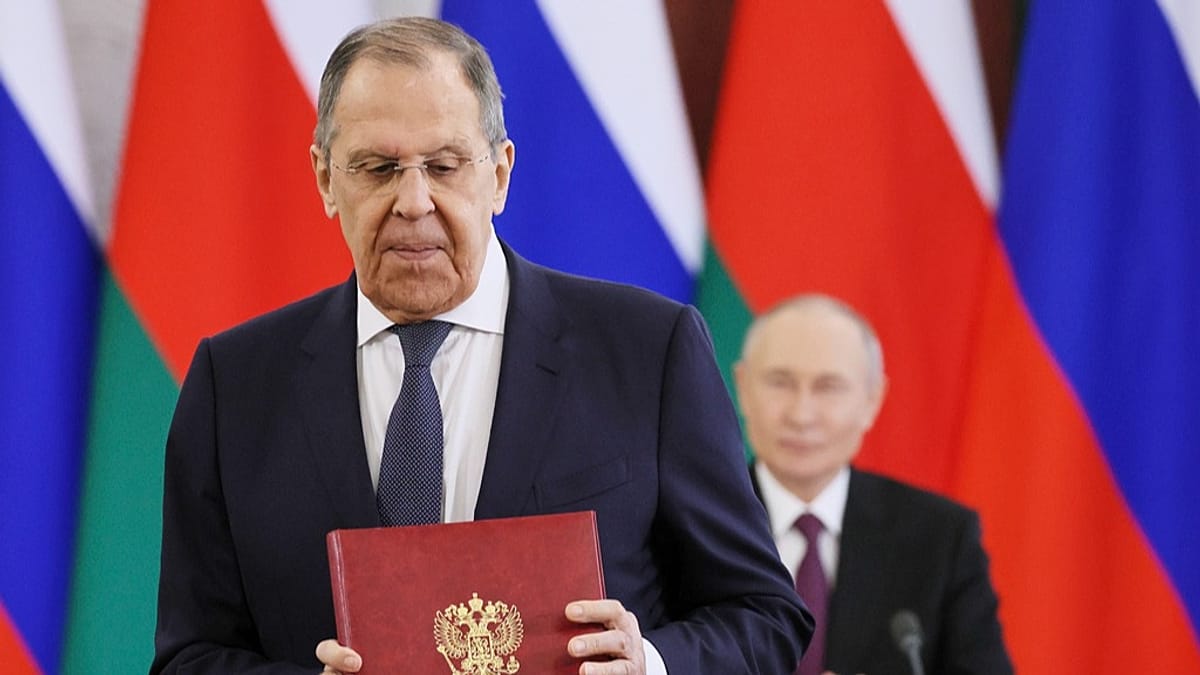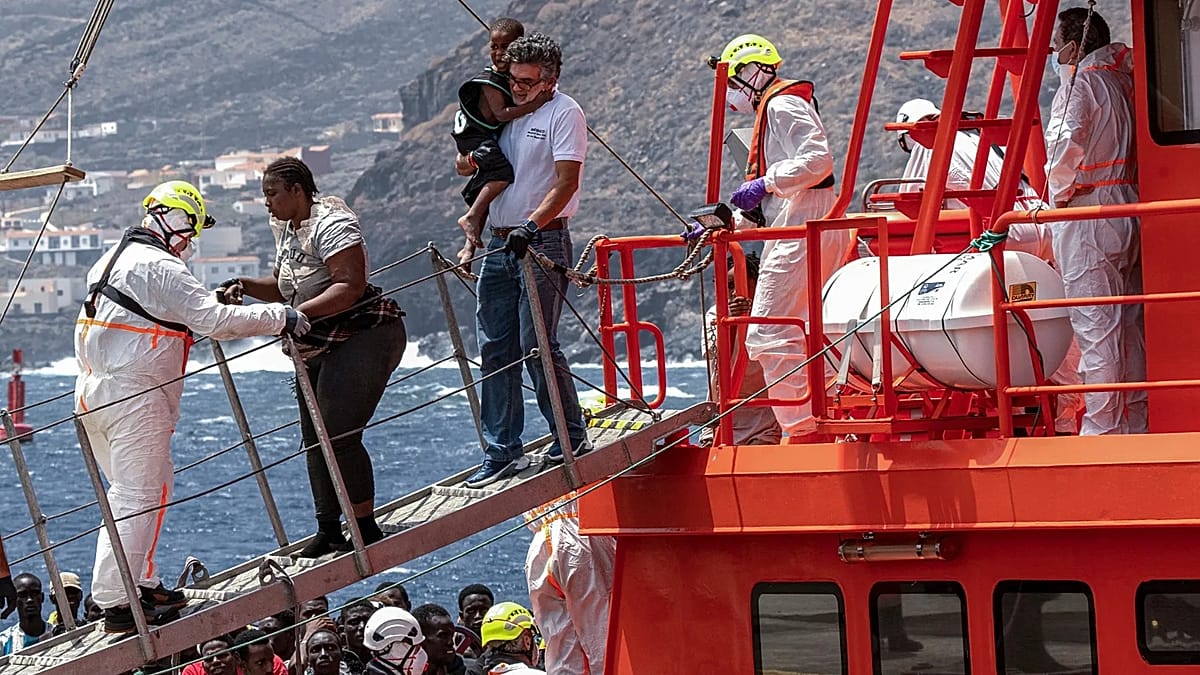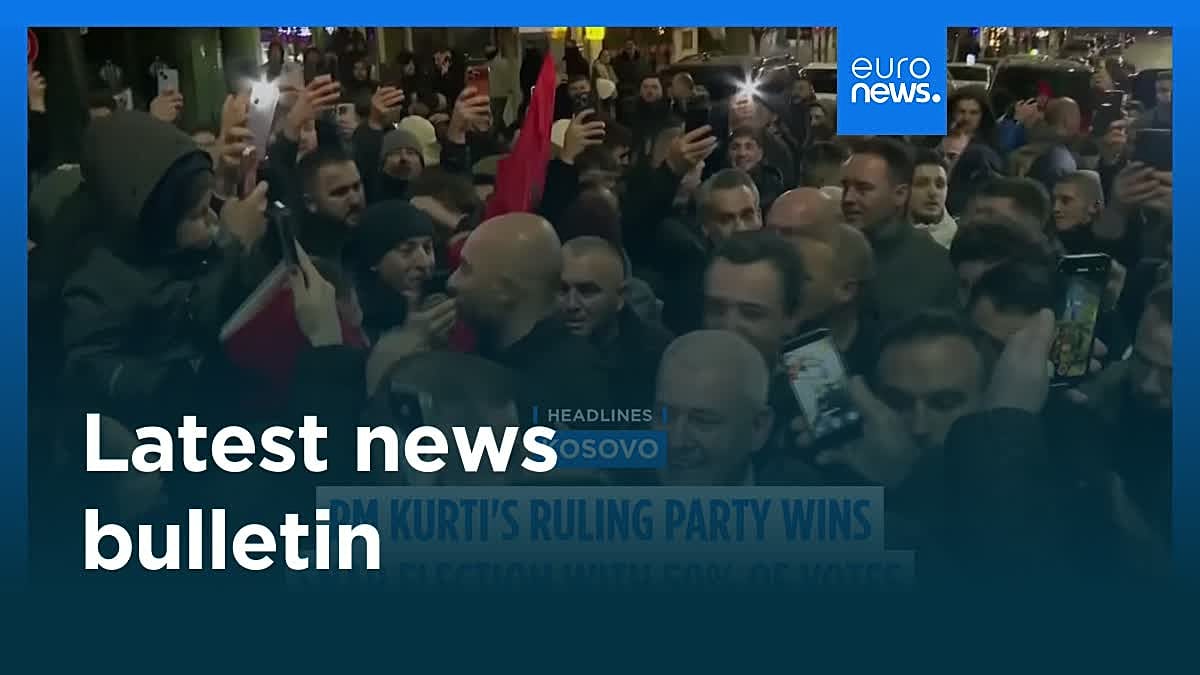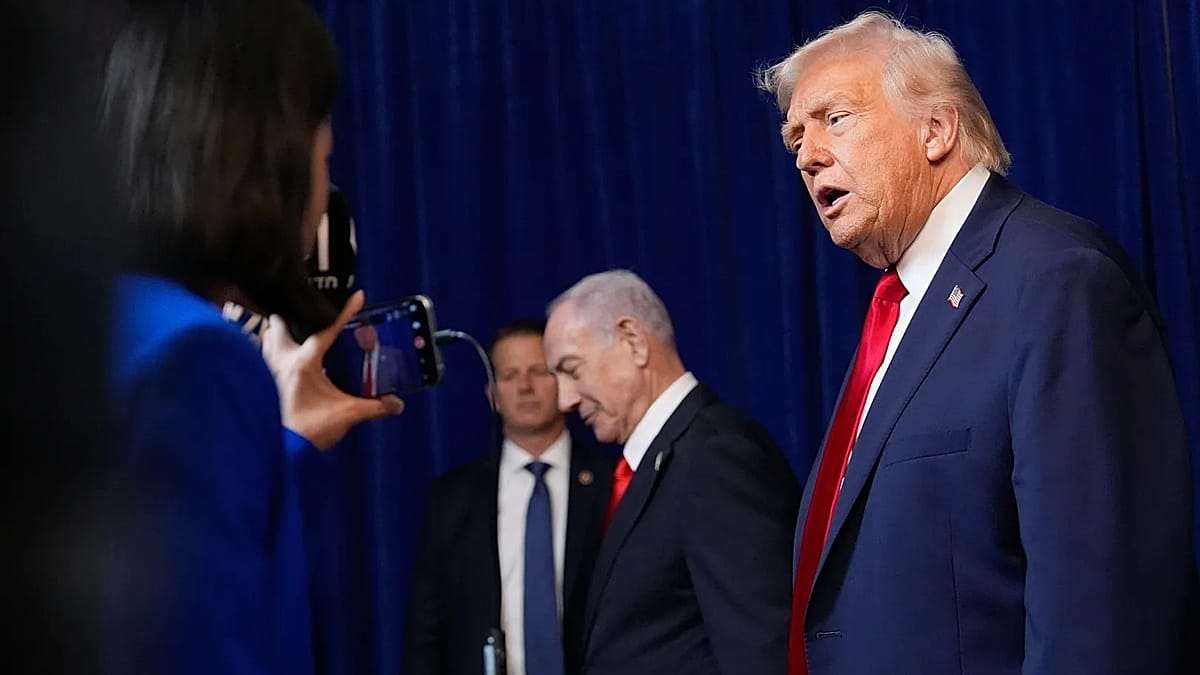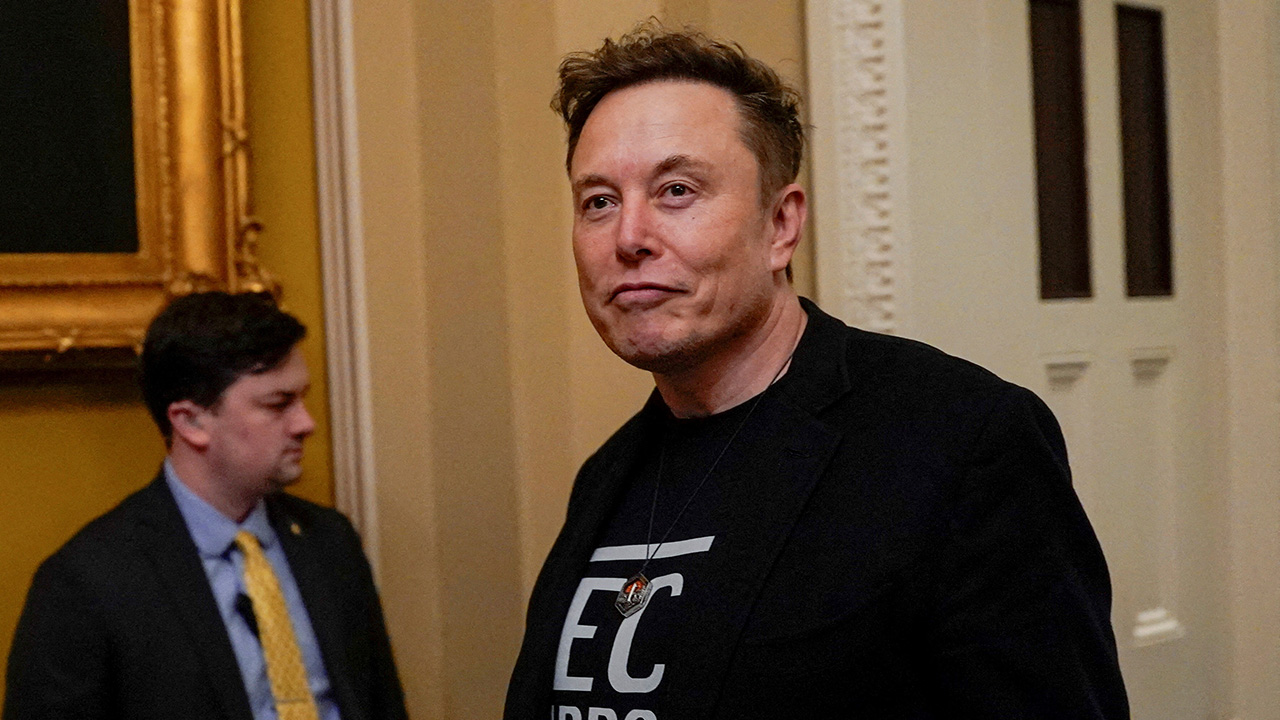From Crisis to Opportunity: Dr Ayesha Khanna on Leveraging AI for Health, Finance & Urban Resilience
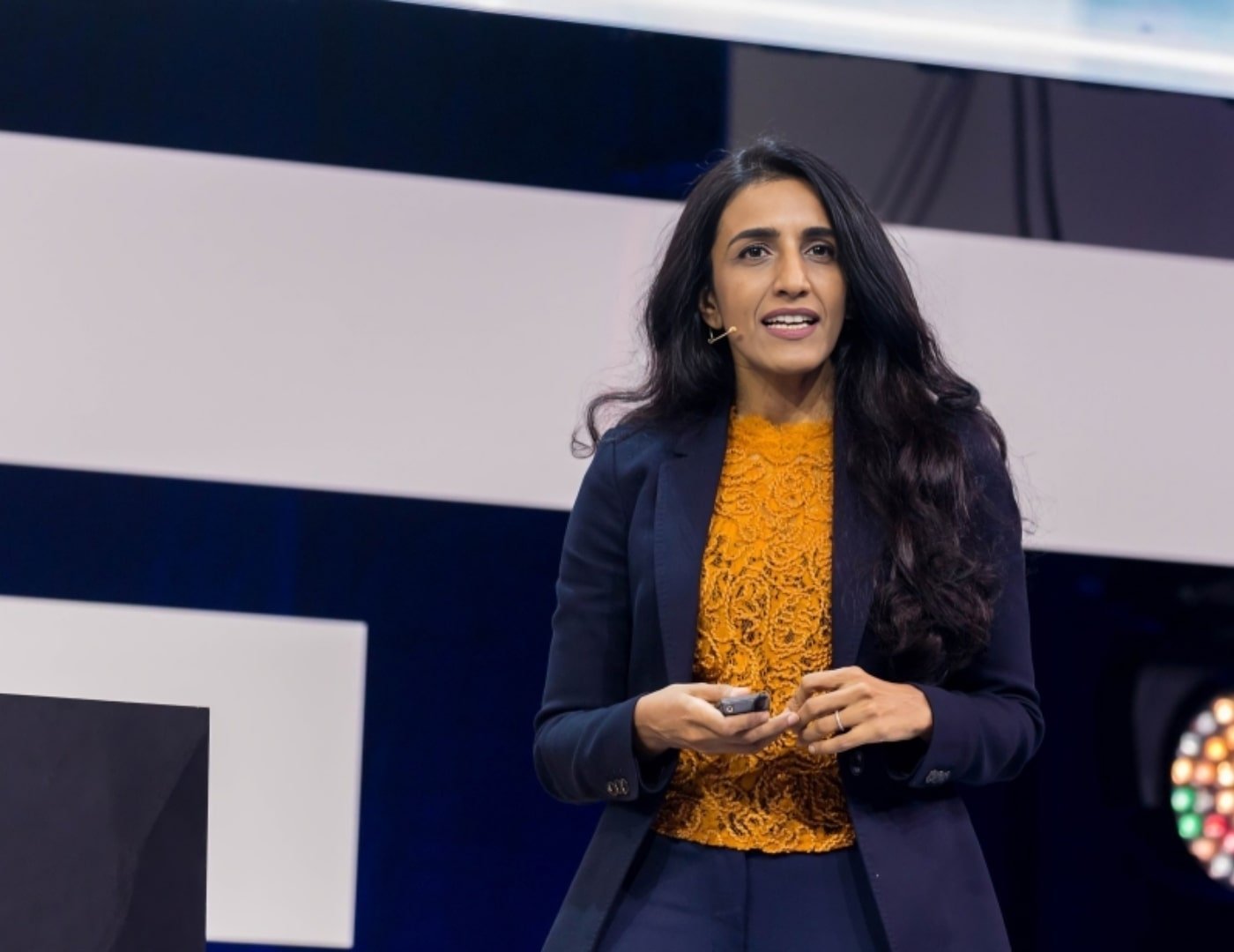

Dr Ayesha Khanna is a globally recognised technology leader and keynote speaker specialising in artificial intelligence, smart cities, and fintech.
As Co-Founder and CEO of ADDO AI, she has advised Fortune 500 companies and government bodies on digital transformation. Named one of Southeast Asia’s groundbreaking female entrepreneurs, she also serves on the World Economic Forum’s Global Future Councils.
In this exclusive interview, Dr Khanna discusses how AI is reshaping healthcare systems, financial access, and urban resilience — and why human-centred innovation is essential for sustainable progress.
Q: From your experience working with global healthcare systems, how do you see AI fundamentally transforming clinical operations and emergency response strategies?
Ayesha: This immediately improves your response time.
Then the second thing is, can you optimise your hospitals once you know that one area is in the red zone?
So, for a hospital in the US, we actually predicted what their emergency queue lines would be every weekend — because people used to wait for hours in emergency queue lines, and that would result in deaths.
Actually, looking at all the previous transactional, historical, clinical data, and looking at variables such as weather, payday, etc., you can actually predict quite well the kinds of ailments that come at different times of the year.
By doing this, we were able to improve their forecast by 20%, and as a result, they knew when to put more cardiologists in, radiologists, more nurses, more certain types of paediatric specialists — all because we were predicting the kinds of people who would come in. And the emergency queue line was shorter and shorter.
So, this is an example of using artificial intelligence in a way that is not only good for business — for the hospital — or good for the citizens of a country, but also doing good.
Q: Given the scale of financial exclusion in emerging economies, how can AI-driven credit assessment models, particularly those using alternative data, help bridge the gap?
Ayesha: Now, we know that 68% of the adult population in emerging markets do not have access to a bank account. That means they can’t take a mortgage, they don’t have a credit card, and nobody will give it to them.
So, the question then is, this whole idea of alternative data — can you use other kinds of data from your digital footprint on the web, or can you use it on your mobile phone, or any other alternative data that you find, to assess credit riskiness?
I saw on one of the microfinance TCO banks, there was a woman, and she’s from Karachi, and she wanted to open a beauty salon. Now, this woman has no education, she doesn’t have a job, she doesn’t have a degree — but she wants to open a beauty salon in one of the largest megacities in the world, where we know beauty and cosmetics are on an accelerating rise.
Would you give her a loan? I think that part of the issue is that people would not give her a loan — a traditional bank would not give her a loan. But if she had an e-wallet, you would actually be able to tell if she pays her bills on time, or what kind of apps she has installed, what she is browsing, is she on the phone the whole day watching YouTube, or is she working maybe, or is she studying for her accounting degree, or looking at beauty tutorials?
Is she making roaming calls internationally or internally?
You could even give people a small form — a psychometric form — and you can get information not only by what they put in the form, but how fast they type, and also whether they type in small caps or large caps or a mix of the two.
Believe it or not, studies have shown that all of these have some correlation with your credit risk profile.
We are doing something similar as well. We are looking right now at a fintech product for Pakistan which would be looking at giving nano loans at various points in the customer journey.
Q: You’ve advised governments and major institutions on digital transformation — how are you currently applying data and AI to solve complex, systemic challenges like crisis management?
Ayesha: Well, we are working with one of the largest hospital networks in the US. We are going to be working with the Ministry of Health in one of the largest countries in Asia, and our main focus in both of them is crisis management.
This is something that has become very important for all governments, all big hospital networks across the world, including in Pakistan — which is, how do you optimise the response that a city should have, or a hospital network should have, by being able to predict where COVID or any kind of pandemic may happen next?
You know that Bill Gates has already said that we’ll probably have a pandemic every 10 years or something like that. So, to be a resilient city, the Ministry of Health needs to have a dashboard. In the dashboard, it needs to first of all be connected to lots of different data points that can be analysed to predict where the pandemic may pop up next.
For this, what we are doing is we are connecting hospitals, clinics, all of the telco data in this country in Asia, with information on who the people were, the area that they lived in, what the demographics were over there, what their symptoms were, and when they had COVID.
By doing this, we are able to create a heat map. For example, if there were an area that is highly pedestrian, or that has a lot of traffic during the morning, or it has a lot of roads coming into it, we know that there’s a much more likely chance that COVID will erupt there if there was a COVID patient in an adjoining area or even something that’s closely connected to that city or that block.
Now, this may seem obvious — and often AI confirms our intuition in the beginning — but over time, it begins to pick up on other things that the human mind may not pick up. For example, it may pick up on certain kinds of elements such as how many people go to a pharmacy to get certain medication, which actually is an underlying indicator for something else, such as their lung health, or how many smokers there are.
There may be some of these connections that are made through various data points that can’t be made otherwise unless you bring the data together and actually apply machine learning to it. So, if you look at the AI life cycle, it’s:
First, gathering the data. That data then needs to be organised in what is known as a data lake — it’s a huge repository of data. Once you look at this data, then the machine learning engineers begin to take it out and model it, and try to find connections that are beyond what the human eye, or a team of human beings with Excel, would be able to find.
Q: Looking beyond the technology itself, what drives your commitment to using AI as a tool for equitable access and empowerment across underserved communities?
Ayesha: Why is this important to me? It’s not because I want to encourage everybody to just recklessly take loans — it’s because in our country, there’s a disadvantage when you don’t have access to a bank, or you don’t have connections, or you don’t have a job.
Most people say, okay, this is corruption so this is bad. But for me, what artificial intelligence, through automation such as using alternative data to quickly assess credit and give it to you — what it does is it frees up somebody’s mind.
So, I was hearing Guy Kawasaki — right now, in order to be an entrepreneur or to be an innovative thinker, you need to not be drowned by the bureaucracy of the world and of the government.
I think that is something we need to value — from the poorest to the oldest to the youngest person — which is: do we value their time?
And how can AI free up their minds from the bureaucratic nightmares of operations, banks, governments, hospitals, doctors that they’re engaging with, so that they can be understood better, their needs can be understood better, and one can respond faster to them and give them access to capital in time — that does not take them so much time to actually get to the point where they can reach their full potential?
This interview with Dr Ayesha Khanna was conducted by Mark Matthews.
The post From Crisis to Opportunity: Dr Ayesha Khanna on Leveraging AI for Health, Finance & Urban Resilience appeared first on European Business & Finance Magazine.




















